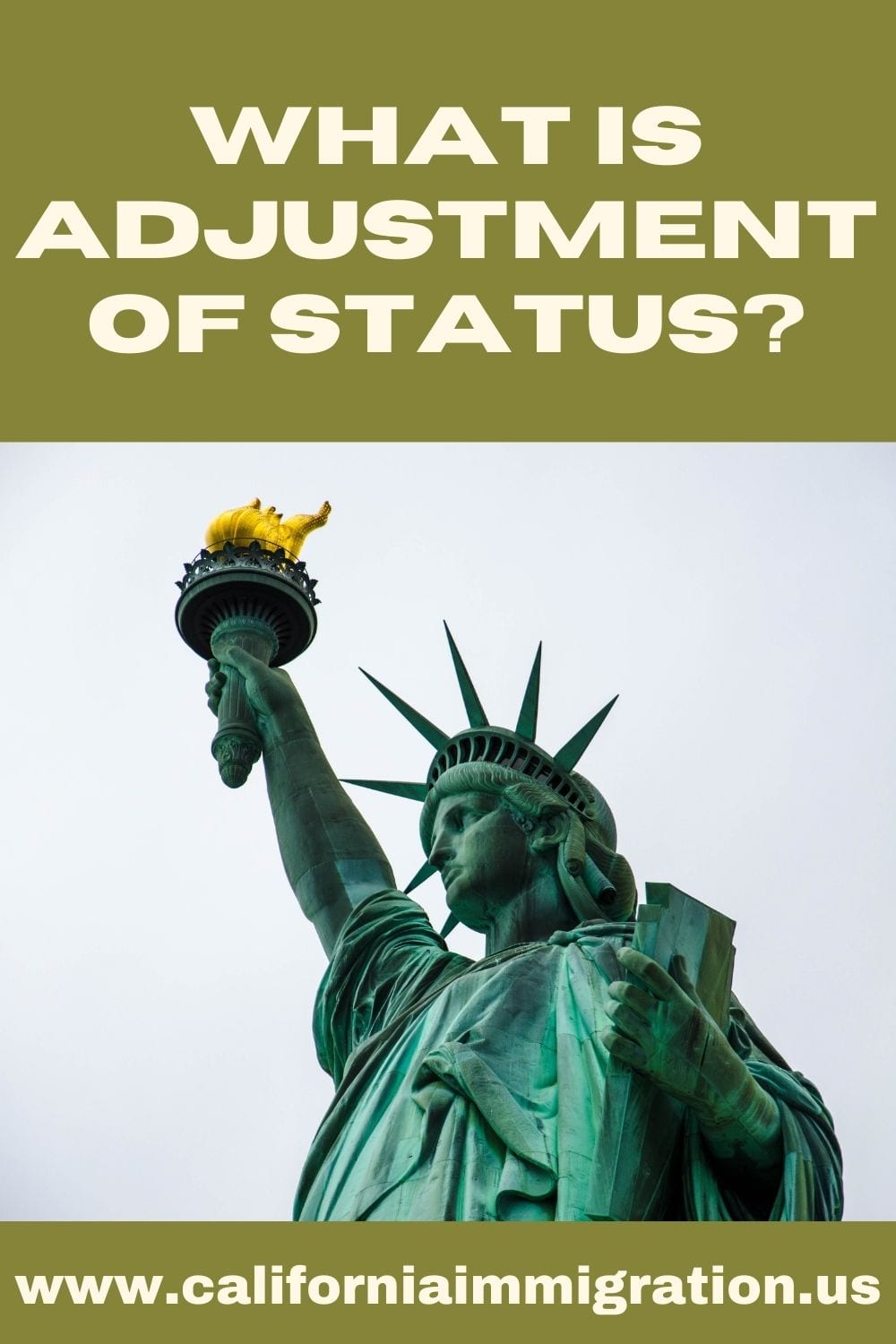
U Visa Adjustment of Status
Approved U Visa Adjustment of Status — From Survivorship to a Green Card
Our client’s U visa adjustment of status was approved, transforming years of courage and cooperation into the stability of lawful permanent residence. This approval recognizes the client’s role as a crime victim who assisted law enforcement, and it demonstrates how a carefully prepared record—paired with genuine rehabilitation and community ties—meets USCIS’s statutory and discretionary standards.
Why the case qualified
- Time in U status: The client maintained at least three years of continuous U status before filing Form I-485.
- Good moral character: We documented tax compliance, steady employment, education, and a clean post-victimization record.
- Ongoing cooperation: Letters from detectives and advocates confirmed the client’s assistance and continued willingness to help if needed.
- Admissibility/waivers: Where minor issues existed, we presented a narrow, well-supported inadmissibility waiver strategy, anchored in equities and public interest.
Evidence that made the difference
Our packet included: certified court dispositions, I-94/U approval history, an up-to-date I-693 medical, therapy and treatment summaries, employer letters, school records, and community declarations. A concise legal brief mapped each exhibit to the U-based adjustment criteria and anticipated discretionary concerns.
What “green card” approval delivers
- The client may live and work anywhere in the U.S. without renewing interim EADs.
- Travel is permitted with a valid passport and green card; we advised on prior issues that can affect reentry and recommended pre-travel screenings.
- Family unity: We outlined next steps for eligible derivative U family members to pursue their own adjustments.
Practical next steps
- Update I-9 with the employer using the green card.
- Keep taxes current, avoid arrests, and retain copies of all approvals.
- Preserve community ties—volunteering, education, and steady work bolster future applications.
- Start a citizenship plan now: most LPRs may apply for naturalization after meeting residence and good moral character requirements.
Bottom line: With meticulous documentation, strategic waivers, and survivor-centered advocacy, a U visa can be the bridge to permanent residence—and a fresh chapter of safety and opportunity.

